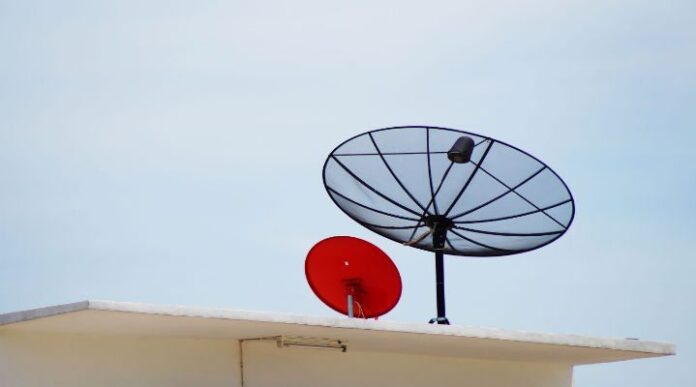T-Mobile US this week filed comments and an analysis with the Federal Communications Commission that it claims shows that the 84 megahertz of spectrum the carrier feels would be necessary to make for a successful 600 MHz incentive auction proceeding could be generated “without the participation of certain broadcasters.”
In its filing and analysis, T-Mobile US states that the 84 megahertz of spectrum freed from television broadcasters through the proposed reverse-auction process could be achieved with “limited or no participation by the “big eight” network-affiliate stations.” Those stations include NBC, CBS, ABC, FOX, PBS, the CW, Telemundo and Univision.
“Instead, fewer than 400 stations — representing less than 20% of all existing licensed broadcasters, many of them outside of the major markets — need to participate in the incentive auction to clear 84 megahertz of spectrum for broadband use,” the carrier noted.
In its rulemaking for the proposed 600 MHz incentive auction, the FCC seemed to indicate that at least 70 megahertz of spectrum would likely be needed to support a successful auction process. However, the agency is now tasked with convincing broadcasters to give up some of their spectrum holdings in exchange for an uncertain cash payment.
—The Federal Communications Commission recently gave a less-than-flattering portrayal of the current competitiveness among broadband providers by highlighting how consumers are forced to choose broadband Internet providers.
“Meaningful competition for high-speed wired broadband is lacking,” noted FCC Chairman Tom Wheeler. “Americans need more competitive choices for faster and better Internet connections.”
Wheeler’s comments emphasized the duopolistic nature of broadband competition in America with most consumers having little choice in their broadband providers. The Washington Post cited an FCC report that stated 75% of Americans can get a basic 4 megabit per second Internet connection when choosing among two or more providers, but in order to get Internet speeds in the 25 Mbps range, the number of consumer choices shrinks drastically. The FCC estimates that a three-person household would need a 10 Mbps connection for all members to simultaneously be active online with one application such as streaming a film or video chatting. However, since most people multitask while online, the demand for greater speed is substantial.
Wheeler vowed to protect current competitive markets and help foster further competition in the industry. The chairman’s comments received mixed reviews form industry insiders and trade associations.
The Competitive Carriers Association, which represents many of the nation’s wireless carriers, applauded Wheeler’s comments. CCA President and CEO Steve Berry called for the FCC to “ensure that consumers in rural America are allowed to benefit from the steady evolution of speeds and services being offered through mobile broadband.”
The National Cable and Telecommunications Association, which Wheeler headed up until 1984, added, “The surest way to stifle further competition and investment in the broadband marketplace is to impose public utility Title II regulation on Internet access.” NCTA is on record as opposing greater regulation for cable providers.
The consensus seems to be that the industry and federal regulators would like to see a more competitive market place for broadband Internet. Although how exactly to promote that competitiveness is a subject of debate, and likely to be an ongoing source of contention throughout Tom Wheeler’s tenure as chairman of the FCC.
Make sure to keep up to date on policy news by visiting RCR Wireless News’s Policy page.
Bored? Why not follow me on Twitter?
Photo copyright: pedrosala / 123RF Stock Photo

